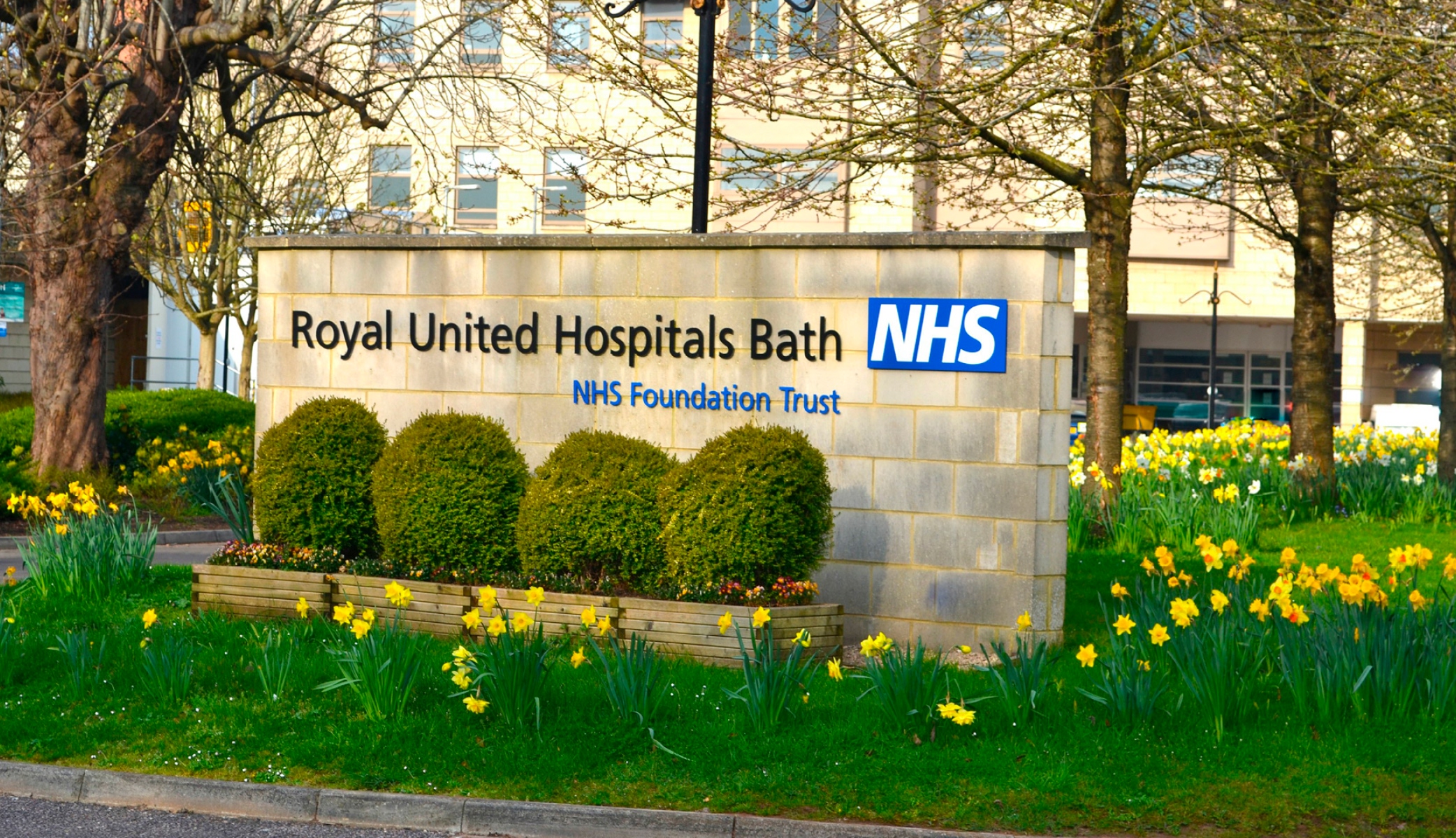Discover how The Royal United Hospitals Bath tackles communication challenges in maternity services using Care to Translate. The app enhances care for non-English speaking patients during emergencies, labor, and postnatal interactions, ensuring quick and effective communication.
The Royal United Hospitals (RUH) Bath, located in Somerset, England, has a rich history dating back to 1826. As an NHS Foundation Trust, it offers a comprehensive range of services including medicine, surgery, maternity care, emergency services, and diagnostic support.

Clare Gilliland, the Digital Lead Midwife at RUH, oversees the hospital's maternity services, which manage approximately 4,500 births annually. With nearly 20 years of experience as a clinical midwife, Gilliland now focuses on improving data quality and digitizing systems across the integrated care systems (ICSs) within the trust. “I look at where there are inefficiencies or problems and try to find digital solutions for them.” she explains.
Gilliland discovered Care to Translate on Twitter at the end of 2022, realizing it could address an overlooked issue in the hospital's existing interpretation services. RUH traditionally relied on telephone-based interpretation services, which worked well for scheduled appointments. However, there were significant gaps in urgent or unscheduled situations:
"When a woman arrives in an emergency, we need immediate communication to ensure she feels safe and understood," Gilliland notes.
"Care to Translate allows us to quickly reassure her and gather critical information during those crucial early minutes."
At RUH, labor often starts with a translator on the phone, and they are called upon when consent for procedures like an epidural is needed. However, there are instances where the app offers an efficient way to communicate, eliminating the need for a translator to be present continuously.
"The app is fantastic for between these big moments in labour, when I still want to ask for consent to touch the woman, take her blood pressure or feel for her baby’s position, or even just ask how she is feeling or if she needs food or water."
"In the postnatal ward, we frequently need to convey simple instructions or ask quick questions, like requesting a urine sample. These are 10 second interactions and you don't have time as a clinical midwife to go and find a phone, phone an interpreter, wait for them to find the right interpreter for the right language, just to ask somebody to pee into a jug."
"The app allows us to communicate this in seconds, saving valuable time compared to arranging phone-based translation."
Gilliland emphasizes the discomfort of relying on children to translate for their parents. "This practice conflicts with our responsibilities to the Nursing and Midwifery Council, especially when it comes to obtaining proper consent."
After evaluating various options, the Maternity Digital Committee unanimously agreed that Care to Translate was the best solution due to its flexibility, cost-effectiveness and the close relationship that could be formed.
One of the key advantages of Care to Translate that Gilliland can see is its versatility. The app can be easily accessed on smartphones, tablets, or computers, allowing midwives to use it wherever and whenever needed. This eliminates the need for cumbersome equipment and simplifies the process of communication in critical moments.
The app's "patient mode" feature, which automatically swaps languages, has been particularly beneficial. It facilitates easy communication, enabling patients to ask questions or express concerns directly.
“I've also added information on how to get hold of an interpreter in the app.” Gilliland explains. “If you're a clinical midwife working on a Sunday and you need an interpreter, you might not remember how to get a hold of them or what service we’re using, because it’s such a rare occurrence. But now you can directly through the app call up the phone interpreter.”

While some staff initially hesitated to adopt digital tools, Gilliland notes that "once they use the app, they understand it and see its simplicity." Although traditional interpreters remain necessary for certain situations, Care to Translate has proven to be a valuable complement.
"It’s about making their lives easier," Gilliland says.
The app’s ease of use has been praised by RUH, requiring minimal training - a significant advantage in an era of constant digital advancements that often cause staff anxiety.
There's been a bit of feedback from midwives when they haven’t found the phrases they needed. Gilliland explains “Then I will gather input from them to understand what exactly is needed. And from that I can edit our lists. Or I'll report it back to Care to Translate to see if the content can be added.”
Get in touch to explore how you can trial our medical translator in your maternity ward. Request a demo here.
Book a demo, ask for references or get more information about our medical translations. Fill out the form or call us directly.